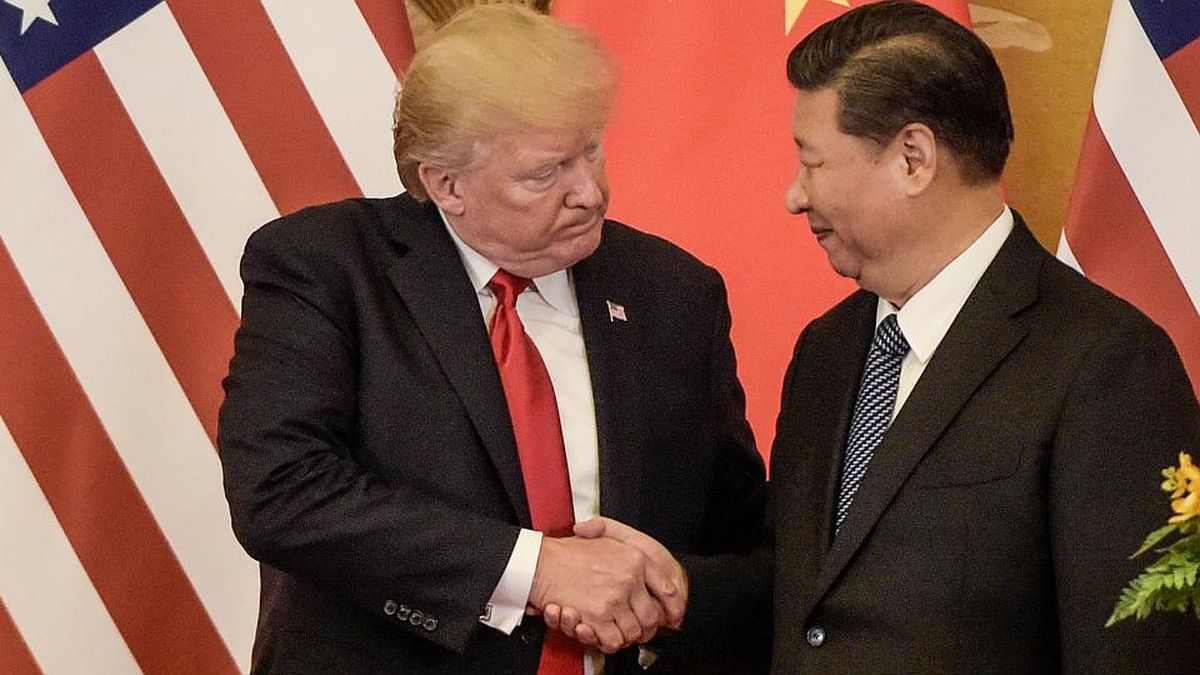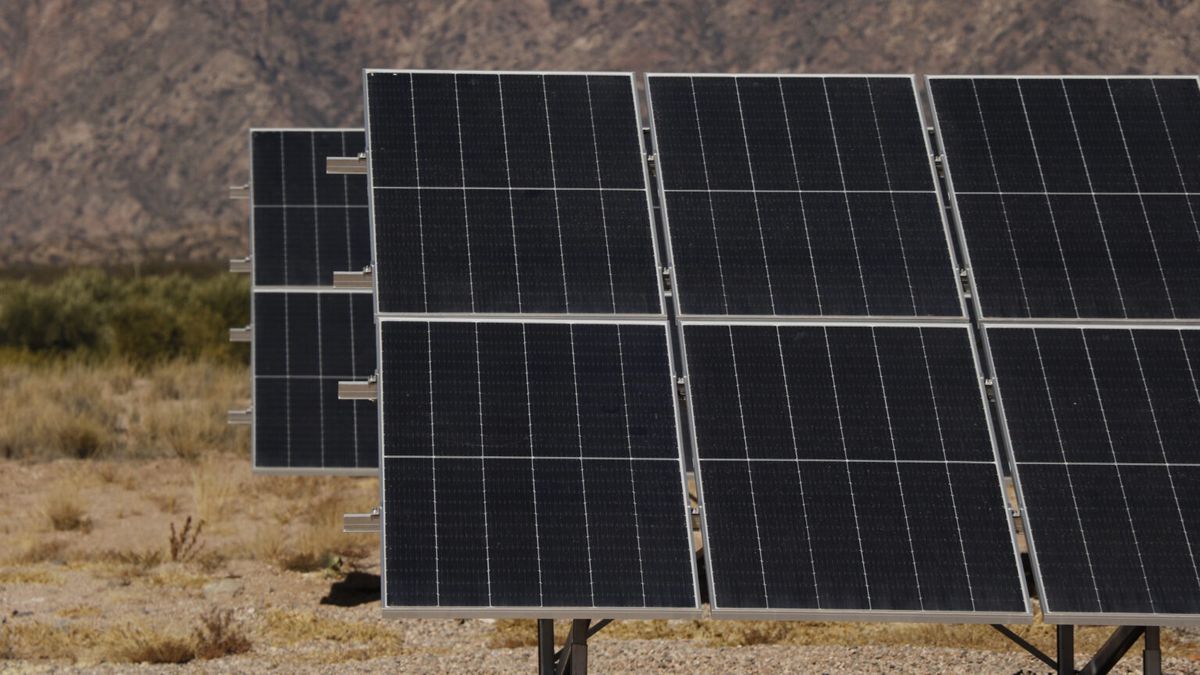British bank Barclays published an extensive report on the economic situation of Argentina since the libertarian Javier Milei took office, where he highlighted the greatest achievements and the weakest points of his administration. As detailed, the “most indisputable achievement” was the fiscal adjustment, who pointed out that it focused on retirements, subsidies, transfers to the provinces and public works.
The successes of Javier Milei’s economic management, according to Barclays
In detail, the bank highlighted that, at the time of the libertarian’s inauguration, the country was “on the verge of hyperinflation.” Thus, the fiscal adjustment carried out by La Libertad Avanza It was highlighted as the greatest success of the President’s economic team.
CEO of Barclays fined more than US$800,000 for trying to identify informant
The bank highlighted the fiscal adjustment although, contrary to the libertarian discourse, it reported that it fell on pensions and public works.
In this scenario, the report highlighted that The primary GDP deficit in 2023 was 3%, something that Milei transformed into a surplus of 1.7% in 2024. For the current year, the institution expects “similar” results.
At this point, Barclays analysts pointed out that The adjustment was focused on cuts in pensions, energy and transportation subsidies, transfers to the provinces and the total stoppage of public works..
Finally, they also highlighted that, upon arrival, the Government managed approve a major deregulation package in 2024in reference to the Base Law.
The weak points of Javier Milei’s economic management, according to Barclays
Beyond the praise, the British bank stressed that the weakest point in the Argentine macroeconomy was – and still is – its ability to accumulate international reserves. Thus, they analyzed: “Argentina has very few reserves compared to the rest of Latin America, which is especially critical considering that the country does not have access to markets and that 75% of its relevant debt is denominated in dollars.”
According to the financial institution’s analysts, today the gross reserves amount to US$40,000 million, although with some asterisks. The fact is that, if the swap with China is excluded, the reserves decrease to $27 billion; If bank deposits are discounted, they drop to US$14 billion and, finally, If gold holdings are excluded, they only reach US$8 billion.
Thus, from Barclays they highlighted that the debt maturities in dollars until December 2027 total approximately US$33,000 million.
Regarding this situation, the report explained that this situation was generated because the Government allowed a excessive appreciation of the peso after the initial devaluation of December 2023prioritizing the “lowering of inflation instead of the accumulation of reserves.” Finally, the bank reported that, in April 2025, the real effective exchange rate reached its highest level in the last 20 years.
Source: Ambito




